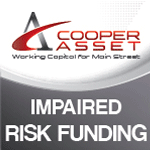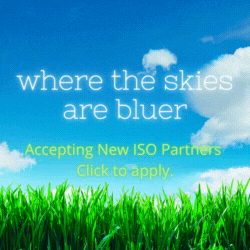Results 1 to 23 of 23
Threaded View
-
03-10-2020, 01:26 PM #1Member

 Reputation points: 10
Reputation points: 10
- Join Date
- Nov 2019
- Posts
- 14
Governor Cuomo bans telemarketing call to New York
Corona State of Emergency and Telemarketing Implications
Over the weekend, the Governor of New York State declared a state of emergency to last until September 7, unless cancelled sooner (very possible). The basis of course is the current concern related to the spread of corona (the virus - not the beer). Under New York law, telemarketers cannot make unsolicited telephone calls during any such declared state of emergency. Note that if you have sufficient consent, you are not subject to the ban because your calls are not "unsolicited." Other exemptions apply, such as if there exists an established business relationship, for example.
New York Adopts Significant Changes to its Telemarketing Laws
Within the past several weeks, New York passed SB4777, SB1826, and AB117, creating the following important changes to the state’s rules governing the telemarketing industry:
All outbound telemarketing calls must include a disclosure informing the consumer that they may place their telephone number on the caller’s internal do-not-call (DNC) list. Telemarketers must honor requests immediately (no grace period). Effective March 1, 2020.
Telemarketers and sellers may not “transmit, share or otherwise make available” any consumer’s contact information, including name, telephone number, or email address, without the consumer’s express written consent. Effective March 1, 2020.
Telemarketers may not knowingly make an unsolicited telemarketing call to any person residing in any area of the state under a declared state of emergency.
Effective December 18, 2019. All call center employers must provide notice to the state at least 100 days before relocating to another state or foreign country. Effective June 1, 2020.
Federal regulations already require telemarketers to accept and honor internal DNC requests; however, the New York law goes further by requiring an affirmative disclosure of consumers’ rights. The Governor’s office lauded this as closing a “loophole” in the National DNC Registry.
The press release barely mentions the new prohibition against sharing contact information, despite its incredibly broad scope. The only exemption is where sharing is required by law. Unlike virtually every other privacy law or regulation, the statute doesn’t even expressly exempt sharing with service providers.
Get the List
Similar Threads
-
Governor Brown Signs SB 1235 into Law
By Karen37a in forum Merchant Cash AdvanceReplies: 0Last Post: 10-02-2018, 08:04 AM -
Real Time Call Center Verified With Call Recording
By Loyola in forum PromotionsReplies: 0Last Post: 08-28-2018, 01:07 PM -
Google bans all ads for payday loans - MCA next?
By Jonathon in forum Merchant Cash AdvanceReplies: 26Last Post: 07-14-2016, 01:20 PM -
call center consultant with call centers ready to dial for hire
By arunbalajikm in forum Help WantedReplies: 1Last Post: 05-08-2015, 12:58 PM -
Telemarketing / b2b inside sales / call center manager
By admin in forum Help WantedReplies: 0Last Post: 10-27-2014, 05:52 PM


 Reply With Quote
Reply With Quote















